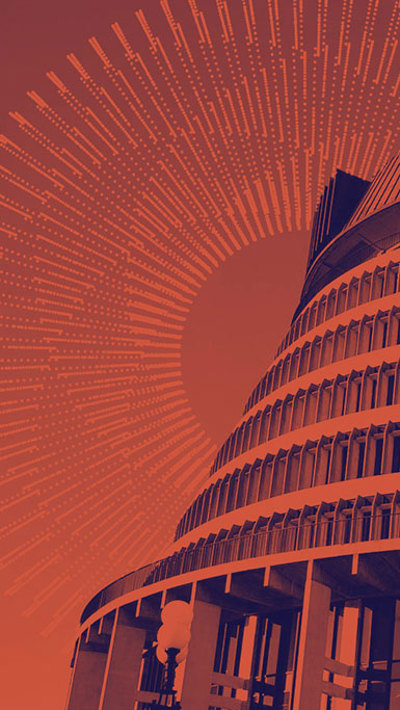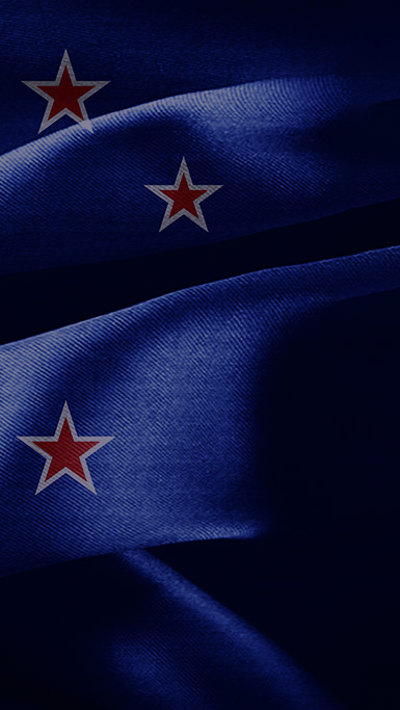Speak to our experts
Contents
The Government is currently putting in place the legal basis for the new COVID-19 level 4 World we will all be in from 11:59pm on Wednesday 25 March 2020.
Yesterday the Government Gazetted an Epidemic Preparedness Notice under s 5 of the Epidemic Preparedness Act 2006 (EPA). This ensures that there is statutory power for government agencies to respond to COVID-19 in New Zealand, largely by allowing measures to be taken quickly to revise any legal instruments impeding the effective management of the epidemic.
The EPA as a generic framework has its limitations and may not be able to address a range of legislative modifications that the commercial world might need to navigate through the coming months, and amendments to the EPA itself may be required to give Government the flexibility it will need.
The EPA Gazette notice does not in itself implement the Government’s COVID-19 level 4 measures, including the requirement that people involved in non-essential services stay home for the next four weeks. At 12:21 pm today, the Minister for Civil Defence declared a state of emergency under the Civil Defence Emergency Management Act 2002. In addition, the Government will likely rely on the broad powers available under the Health Act 1956 (particularly s 70). Further legislation is possible.
Given the recent experience of a number of other countries in trying to strictly manage and enforce similar measures, it is important that the relevant legal requirements are clearly set out in a way which can be both understood by the public and enforced by appropriate government agencies.
Key questions and answers for the commercial sector
In the interim, those operating in the commercial sector have many questions. We have compiled some FAQs and have endeavoured to answer them based on our current understanding of the situation (as at 25 March 2020):
1. Is my business an essential service/business and how do I check?
The Government has issued (and will continue to update) a list of essential businesses which it considers provide essential services. While there is plenty of grey area around these definitions, a good indication of what the Government intends is the definition of essential services as providing the “necessities of life for everyone in New Zealand.”
The Government has set up an email address ([email protected]) to answer specific queries about whether particular businesses are considered essential in the current circumstances.
2. If my business is an essential service/business, do I have to continue to provide services?
For most commercial businesses the answer is generally no – being an essential service does not mean you have to continue to provide that service. Some utilities and lifeline services do have certain obligations, but generally you are free to hunker down and wait out the virus if that’s your preference.
3. Can the Government requisition my property or that of my business?
The Government can in certain circumstances requisition property (including for example medical equipment or business premises) under the Health Act 1956 and the Civil Defence Emergency Management Act 2002.
4. If my business is an essential service/business and I keep it open, what are my obligations under the Health and Safety at Work Act 2015?
Just because your business is an essential service does not remove your obligations as an employer under the Health and Safety at Work Act 2015.
If you require your employees to continue to work, it must be a reasonable requirement in all the circumstances, and you need to take all practicable steps to ensure the risk of infection is appropriately managed (for example, implementing shift-based working, staggered meal breaks, flexible leave arrangements and physical distancing). However, in doing so businesses should make sure that their COVID-19 protective measures do not inadvertently create other material risks or undo other protections that are in place to manage the non-COVID-19 risks associated with the workplace.
5. What about co-operation between essential services/businesses?
The Government has already turned its mind to the question of whether businesses providing essential services can cooperate in ways that would assist the Government’s response to the COVID-19 pandemic, even though they might technically breach competition laws requirements in New Zealand as set out in the Commerce Act 1986.
Yesterday, the Government issued an economic policy statement pursuant to s 26 of the Commerce Act 1986 indicating that one of the Government’s objectives in responding to the COVID-19 pandemic in New Zealand was to “facilitate the sale and supply of grocery products and other essential goods and services in an equitable manner”. While the policy statement goes on to say that the Government does not endorse behaviours such as price gouging and hoarding, the statement is clearly intended to facilitate businesses acting collaboratively to ensure that essential goods and services are able to be delivered to New Zealanders during the period in which COVID-19 is affecting the economy.
6. What are my obligations to the public as a service provider (e.g. operating a one-in-one-out policy)?
As well as having obligations to their employees, a person conducting a business or undertaking has obligations to the public using its services. This would require you again to take all practicable steps to appropriately manage the risk of infection.
7. How is this all going to be enforced?
Overseas, many countries have resorted to prosecutions to enforce similar measures, and the Health Act 1956 and the Civil Defence Emergency Management Act 2002 both facilitate similar responses in New Zealand in the case of non-compliance.
8. How long this can all go on for?
Even though the Government has signalled that the COVID-19 level 4 measures will last a minimum of four weeks, the Epidemic Preparedness Notice which has been issued is active for three months, unless a revised notice is issued before then. More relevantly, the expected declaration of a civil defence emergency and any requirements issued under the Health Act 1956 will likely govern the true duration of these measures.







































































































